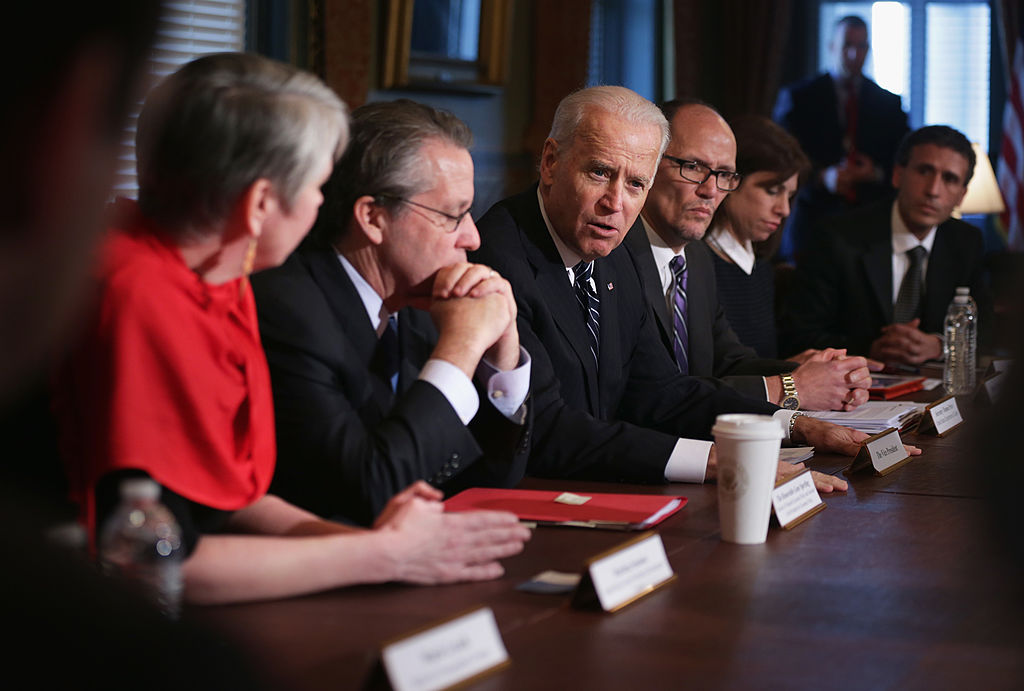In a recent hearing, Fifth U.S. Circuit Court of Appeals Judge Jennifer Walker Elrod made a bold comparison, likening the partnership between the Biden administration and social media companies to censor purported information to scenes from a mafia movie.
The case in focus revolves around a First Amendment lawsuit initiated by Missouri and Louisiana. Justice Department Civil Division lawyer Daniel Tenny defended the Biden administration during the hearing but faced a cold response from a three-judge panel. The panel is deliberating whether to modify the previous month’s ban on particular types of communication between federal entities and social media companies.
READ: Landmark Injunction Unmasks Biden-Big Tech Censorship Pact
When Tenny contended the injunction’s phrasing might prevent the government from notifying the public about false claims concerning natural disasters, Judge Don Willett highlighted the concern over private discussions. Willett mentioned the federal officials’ evident “strong-arming” tactics, insinuating threats to social media companies. Tenny tried to minimize the intensity of the pressure exerted by the government, emphasizing that their conversations oscillated between “friendly” and “testy.”
Judge Elrod, not entirely convinced, argued that direct threats aren’t necessary when the government and companies share a close working relationship. Referring to private conversations, she noted it resembled a superior dictating terms to a junior.
Responding to questions about the government’s potential coercive tactics to spread misinformation, Tenny asserted there’s no factual evidence for the claim. He added that the President couldn’t single-handedly strip platforms of Section 230 protections or initiate antitrust measures, countering possibilities previously mentioned by White House officials.
Despite Tenny’s efforts to downplay the government’s influence, Judges Willett and Elrod cited several instances where official claims were later proven accurate.
READ: Judge Blocks Biden and Big Tech from Censorship Collusion
Representing Louisiana, Attorney John Sauer drew a striking analogy, questioning how a scenario would be perceived if the White House approached booksellers to join a “book-burning program” targeting administration critics. He equated this hypothetical situation with the administration’s attempts to mute influential critics like Alex Berenson and Tucker Carlson.
Sauer also emphasized the importance of considering the amicus brief from congressional leaders. He argued that even if platforms decided to combat misinformation independently, their actions, particularly towards Louisiana, were evidently influenced by federal pressures.
According to Sauer, Louisiana can showcase ongoing harm from multiple perspectives. He also noted recent incidents where Facebook removed groups protesting COVID policies and YouTube’s brief removal of a discussion about the current case.
Sauer emphasized, “This notion that COVID censorship is over is completely unsupportable.”
The 5th Circuit has yet to announce when their official written opinion on the matter will be released.













